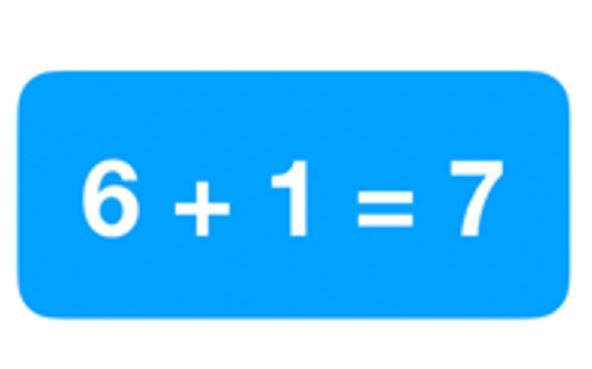Mathematics
Maths is an essential part of everyday life, as a child and an adult. We believe that high-quality maths teaching provides the firm foundations and roots for understanding the world, the ability to reason, problem solve and promotes a sense of enjoyment and curiosity about the subject, leading to successful, ambitious learners.
At Exeter a learning community we teach maths for mastery, an engaging and accessible style of mathematics teaching inspired by White Rose; inspired and informed by the work of leading maths researchers and practitioners across the world. Our approach and aim is to develop a whole new culture of deep understanding, confidence and competence in maths – a culture that produces strong, secure learning and real progress that enhances mathematical understanding, enjoyment and achievement for every child. Children are encouraged to physically represent mathematical concepts. Objects and pictures are used to demonstrate and visualise abstract ideas, alongside numbers and symbols. Mathematical concepts are explored in a variety of representations and problem-solving contexts to give pupils a richer and deeper learning experience.
Our maths curriculum will promote:
- A secure understanding of the important concepts and an ability to make connections within mathematics.
- A broad range of skills in using and applying mathematics.
- An understanding of the importance of mathematical skills in everyday life.
- A fluent knowledge and recall of number facts and the number system.
- A commitment to and passion for mathematics
- The ability to show initiative and resilience in solving problems in a wide range of contexts, including the new or unusual.
- The ability to think independently and to persevere when faced with challenges, showing a confidence of success.
- The ability to embrace the value of learning from mistakes and false starts.
- The ability to reason, generalise and make sense of solutions.
- A wide range of mathematical vocabulary.
- Fluency in performing written and mental calculations and mathematical techniques
Concrete
Using physical objects to help solve maths problems.
Pictorial
Using a variety of drawings and models to solve maths problems and develop understanding.
Abstract
Solve maths problems using only number and written methods.


